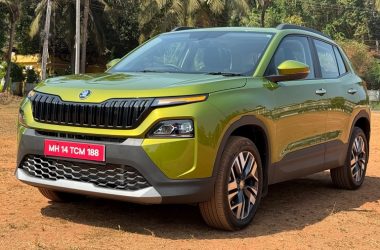In a move that’s revving up excitement among environmental enthusiasts, Volvo Cars is turbocharging its sustainability strategy with ambitious new goals for 2030 and 2040, focusing particularly on enhancing biodiversity. By 2025, the renowned automaker plans to link all its debt to its Green Financing Framework, or ensure it’s in a sustainability-linked format, making it a leader in eco-conscious financing.
Jim Rowan, the CEO of Volvo Cars, is steering the company with a clear vision. “Battling climate change isn’t just a choice; it’s a must, and fully electrifying our fleet is a significant milestone on our pioneering path,” he asserts. “Our revised strategy is not just about reducing emissions but also about acknowledging and acting on our biodiversity footprint, and ultimately, bettering human lives.”
The roadmap for Volvo Cars includes:
- Slashing CO2 emissions per car by 75% from 2018 levels by 2030.
- Reducing energy usage per car in its operations by 40% from 2018 levels.
- Ensuring 30% of its fleet is made from recycled materials, with new models boasting at least 35% recycled content.
- Halving water usage per car in its operations from 2018 levels.
- Aiming for 99% of operational waste to be reused or recycled.
Since unveiling its sustainability strategy in 2019, Volvo Cars has powered 69% of its operations with climate-neutral energy, up from 55% in 2019. Additionally, the company has cut its CO2 emissions per car by 19% since 2018.
The company’s 2040 vision includes reaching net zero greenhouse gas emissions. Volvo Cars intends to use carbon removals only for unavoidable emissions, emphasizing real emission reductions first and urging its suppliers to follow suit.
The 2030 milestone is pivotal for Volvo. By then, the company plans to be fully electric and reduce CO2 emissions per car by 75% from its 2018 baseline. This goal aligns with its strategy to reduce emissions by 30% from its supply chain and operations per average car.
Embracing a circular economy, Volvo Cars aims to use an average of 30% recycled content across its fleet by 2030, with new models containing at least 35% recycled material. The company is committed to ensuring that 99% of its waste is reused or recycled by 2030, up from recycling 94% of global production waste in 2022.
Volvo Cars is not just driving towards reduced impact but is also committed to restorative actions for biodiversity. After conducting an impact assessment using the ReCiPe model, the company aims to be net positive across its value chain and contribute to a nature-positive future.
In the realm of social responsibility, Volvo Cars aims to reduce its workplace injury rate (LTCR) to 0.02 by 2030, demonstrating an industry-leading commitment to safety. The company is also actively working to safeguard human rights through comprehensive due diligence processes in its supply chains.
As Volvo Cars gears up for a greener, more sustainable future, it’s clear that the company is not just changing lanes but is on the fast track to becoming a leading example in the automotive industry’s race towards sustainability.







